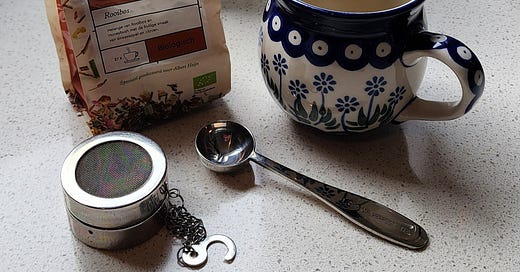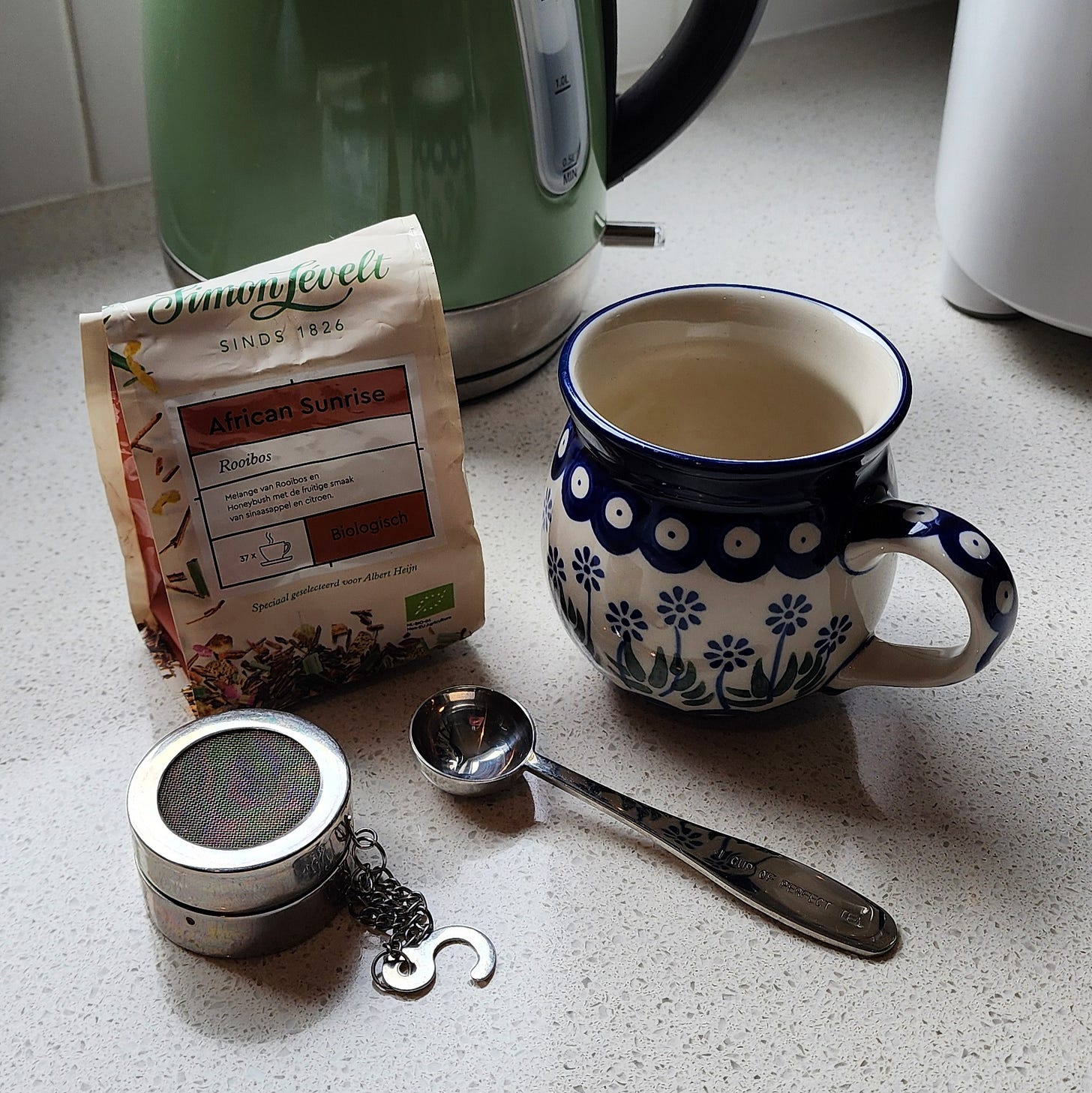Two days ago we set fire to several sticks of wax embedded in one of our favourite foods and sang a song to someone in two languages while the flames rose higher. When the song ended, the person being sung to extinguished the fire using only their breath (trying to simultaneously minimise both the spread of germs and food particles becoming airborne), we spontaneously clapped and cheered, and the entire process concluded with the immediate consumption of cake. 🎂
In any other context, that sequence of actions would seem truly bizarre. But when you’ve completed another orbit of the sun, it’s not even questioned. It’s one of many ways we create meaning and preserve tradition in our family. Birthday rituals have changed over the years (balloons used to be present but rarely make an appearance now) but there’s always cake, always candles, and always singing. (Seriously, if no one sings you ‘Happy Birthday’, have you even had a birthday? 🤷🏼♀️)
Mid-July brings an emotionally intense week of rituals for us. Over three consecutive days, we travel from death to life, acknowledging and remembering my Mum’s passing, my sister and brother-in-law’s wedding, and our twins’ birthday. Infusing these dates with rituals - some old, some new - creates meaning and belonging for each of us. And while our rituals might be similar to millions of others around the world, there'll be tiny, mundane details about what we do that contribute to our family's identity.
There's nothing quite as powerful as a ritual to build identity and create belonging - but that's not all they're good for. Rituals can enhance performance, help us manage change, reconcile people to each other, spark creativity, and keep us together. And they can do all this on a small or large scale.
(When we fail to recognise our own and each others’ rituals, or fear their loss, they can also cause division, but that’s a topic for another day.)
Whether you want to mobilise yourself or an entire country, a ritual is a little piece of magic.
In contrast to habits and routines, rituals are infused with symbolism and meaning, performed with intent and awareness.
It seems every high performing athlete or entertainer has a ritual to help them stay calm under pressure, maintain indistractable focus and enjoy a level of self-discipline that would make it easy to be a dieting squirrel in a nut factory. 🐿️
Whether it’s a repeated sequence of movements or the presence of a particular artefact, rituals function as an emotional anchor in highly stressful or unknown situations, providing a sense of control and increasing focus. Sometimes its absence can render us unable to perform at all.
One of the world's greatest pianists, Sviatoslav Richter, who also sadly battled chronic depression, carried a pink plastic lobster in a satin-lined box with him until the moment he stepped on stage. His apparent inability to play without it is explored in detail by Errol Morris in this New York Times piece. (What if everyone needs a lobster for something?*)
To help me generate this weekly publication, I'm establishing rituals. Today's cup of Writing Tea was loaded with symbols and stories that were meaningful for me:
the cup is Polish pottery, a gift from my family to replace one I broke which used to be my Mum's (which, in turn, was a gift to her from me, bought at a Polish pottery stall in Frankfurt when we lived there more than 20 years ago);
the tea was a gift from Dutch friends - the flavour 'African Sunrise', a special blend of Rooibos, is a nod to the intergenerational friendship that began when our families first met in Tanzania in the 1970s;
the spoon for measuring the tea is from the Simon Lévelt koffie & thee store in Haarlem which we stumbled across after visiting the Ten Boom Museum across the road five years ago; and
the WMF tea infuser reminds me of my favourite WMF store that I used to frequent any time I was passing through Frankfurt (Main) Hauptwache train station.
The very existence of this newsletter also marks a new ritual in my working week - its Friday production helps me close the week.
Rituals are such a critical part of team culture that in my work with leaders and teams, we devote a two hour workshop to designing rituals that improve cohesion and performance. My favourite way of thinking about rituals - as emotion generators - comes from Michael Norton’s book The Ritual Effect.
When you need to act or to do something to change how you're feeling, reach for a ritual to summon the relevant emotion.
What rituals do you have in your team or workplace to generate the emotions that power your success?
What rituals are you hanging on to which aren’t fit for purpose any more? It’s easy to feel depleted by meaningless rituals and it’s totally OK to wave them goodbye! 👋🏼
Here’s to effective emotion generators - remember your lobster if you need to! 🦞
Kathryn ☕🍰
* when I took a break from writing this, my husband (who wisely hadn’t interrupted me earlier) said "I knew you were in a state of flow as soon as I saw a giant orange lobster moving across your screen…" 😅







